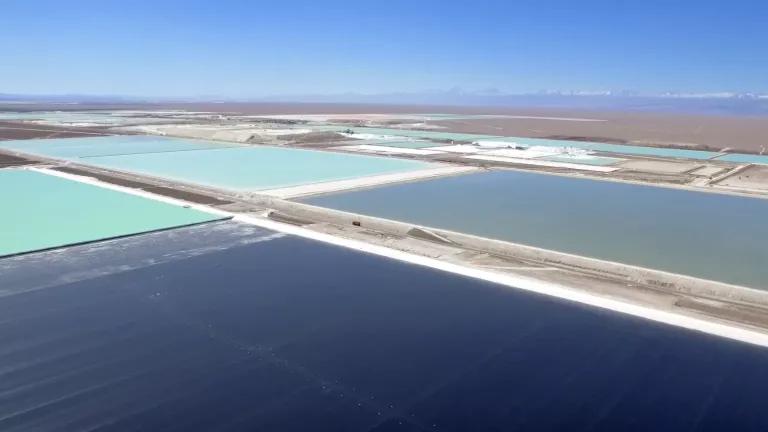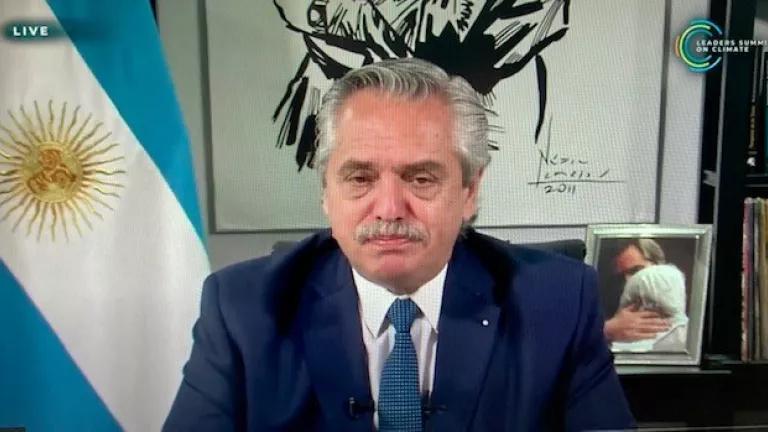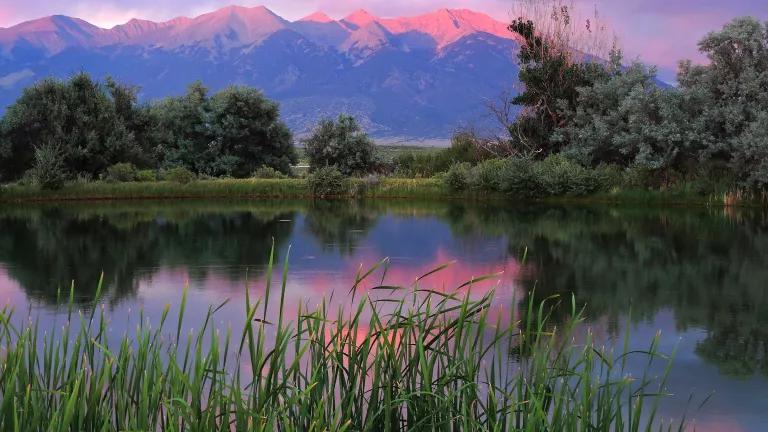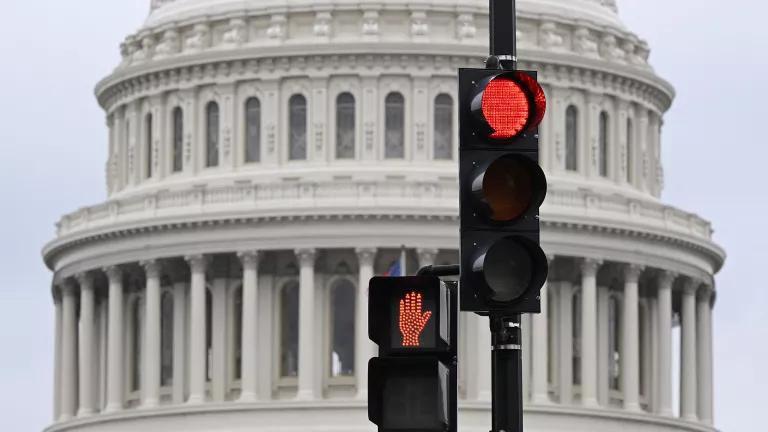Exhausted: How We Can Stop Lithium Mining from Depleting Water Resources, Draining Wetlands, and Harming Communities in South America

Co-authored with: Ramón M. Balcázar and Javiera Barandiarán
To mitigate the worst impacts of climate change, we must transition away from fossil fuels like petroleum and coal and toward clean energy generation and zero-emission transportation options. However, many green technologies, such as electric vehicles and renewable power plants, depend on lithium-ion batteries, which require lithium.
Lithium resources are concentrated in locations that have long histories of destructive social and environmental impacts caused by the mining sector. In South America, large amounts of lithium are mined from the brine underneath arid basins in the Puna de Atacama—a unique area spanning northern Chile, northwestern Argentina, and southwestern Bolivia. However, the brine evaporation technique used in this region contributes to the ecological damage of internationally recognized wetlands and protected areas, where water resources are already exhausted for local and Indigenous Peoples. Many of these communities have no say in—and receive little benefit from—the mining operations.
Lithium may play a key role in reducing greenhouse gas emissions, but a climate-friendly future cannot come at the expense of destroying this biodiverse region or violating Indigenous rights. In this report, done in collaboration with the Plurinational Observatory of Andean Salt Flats (OPSAL), we highlight the voices of people whose lives and livelihoods have been negatively impacted by the lithium industry. We also propose a variety of ways in which lithium extraction’s detrimental effects—water depletion, drained wetlands, and community harm—can be avoided.



